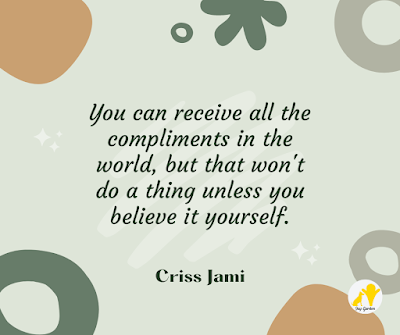Having a conversation with a canine professional colleague the other day, and she told me about a recent experience where she realised that a potential client wasn’t going to be a good fit and it got me thinking.
I suspect many of us who are working as canine pros, whether in training, behaviour work, grooming, or whatever aspect of the canine world we are involved in, have encountered clients or potential clients and we knew early on that it was unlikely to work well or get the results everyone wanted.
This can feel like failure, especially if working in training and behaviour. People are coming to us for help with their dogs and to turn them down can, in our own minds, mark us out as not good enough at the job, that we are kidding ourselves about our levels of knowledge and competence.
The thing is that this could not be further from the truth. Understanding our own limitations and having the ability to judge when we should refer on or decline to take a client on because we know they won’t be a good fit for us is the furthest possible thing from failure. It is a massive strength to know when to say no, and to follow that through.
One of the most important reasons to consider saying no to a potential client or telling an existing client that you no longer wish to continue the professional relationship is due to the protection that can provide for our mental health.
It’s all too easy, especially early on in our careers, to fall into the trap (entirely well meaning) of worrying what is going to happen to the dog if we don’t keep trying to show their caregivers the best way to work with them. To educate guardians away from the use of aversive tools and techniques. I absolutely understand that urge to keep trying. As an educator, I am always trying to show people, whether students or dog guardians, the reasons why positive reinforcement and reward-based methods should be used with all dogs.
There is that awful feeling of guilt that comes if we think about ‘giving in’ knowing that the dog will continue to be exposed to these other methods. But, when it comes to these clients that aren’t listening to us and aren’t following the advice and training plans that we give them, who aren’t willing to put the work in to get to where they need to be, no matter how much we try to educate and persuade them, they will not listen. It makes no difference how much we try. Those clients are not going to get to where we would like them to be. The sad truth is that whatever effort we put in those clients will not match it.
It is far better to realise this fact and make the decision to refuse to take on or to sack a client. There are plenty of dogs out there needing our help, and with guardians and caregivers who WILL listen to our advice, who want to achieve the sorts of relationships with their dogs that we know are possible.
Save your energy and time for the (human) clients who deserve it and make the difference for them and their dogs. Your mental health will be far better for it.
Don't forget the Imposter Syndrome workshop available through my Good Guardianship site (alongside others). An hour long presentation that explains what imposter syndrome is, how we can tell if we have it, and some tips and ways to help combat its influence and impact.








